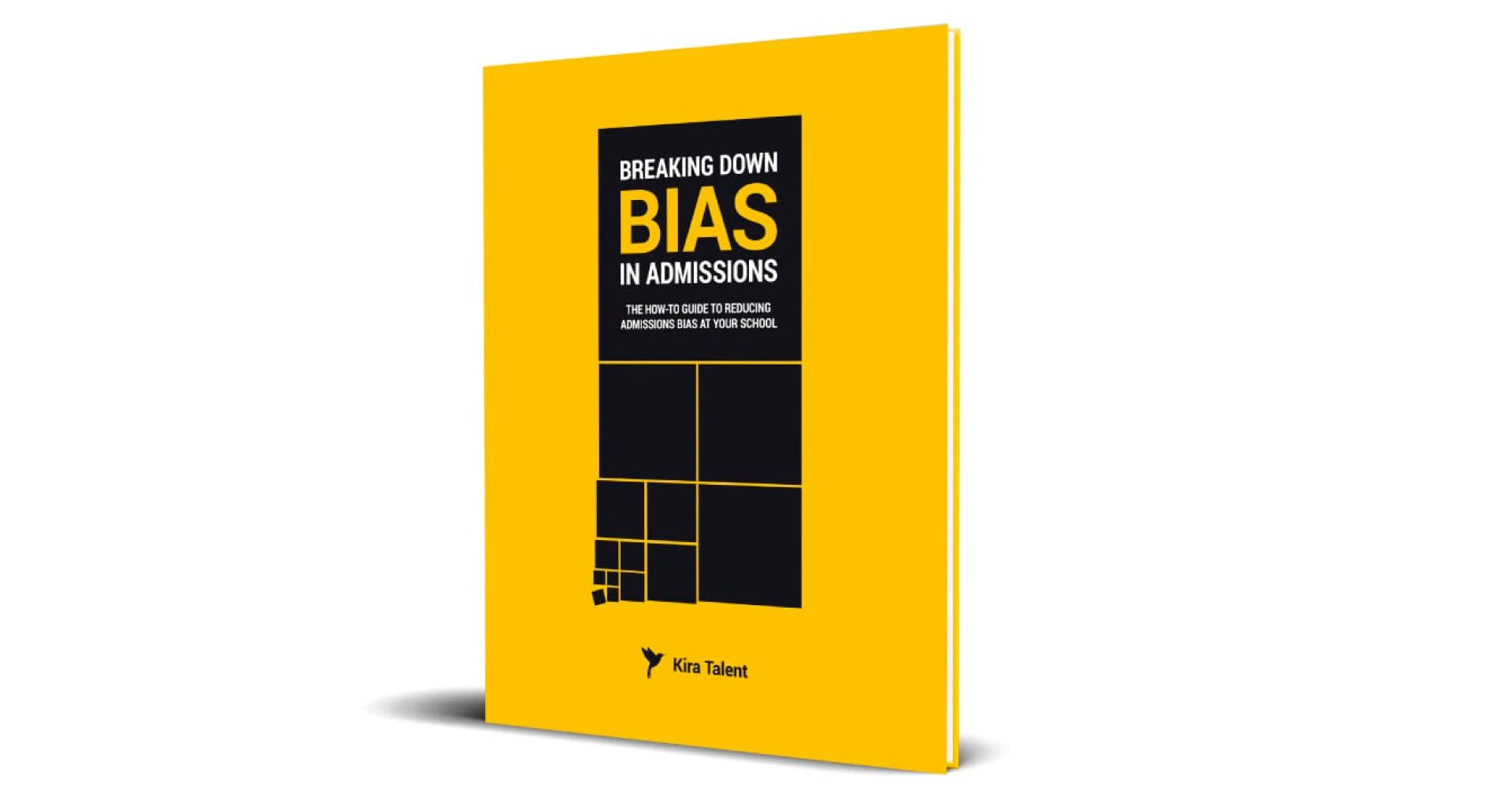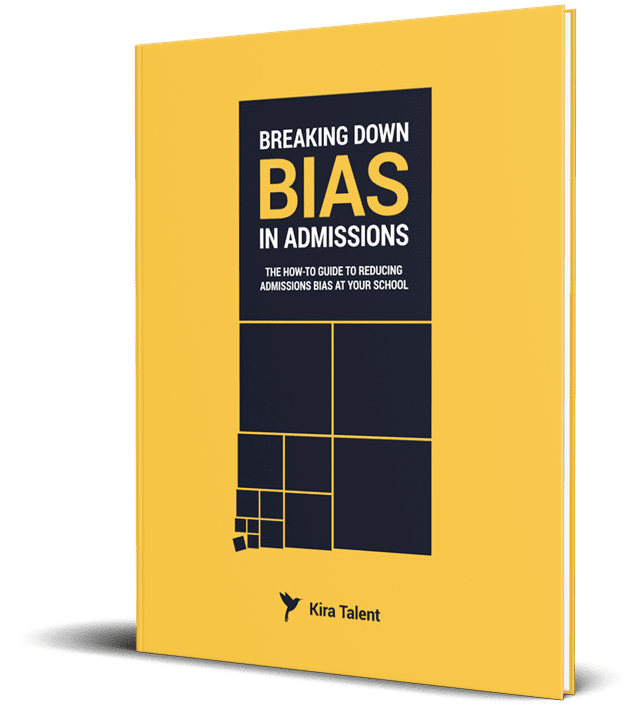Since PLEN started its programming, there's been a rise in the number of women in top leadership positions helping to transform their communities through public policy.
However, we still have a long way to go until women are equally represented at the policymaking table.
Attending graduate school is an inevitable step for many women on their way towards becoming top policy leaders.
As such, it’s always a topic of discussion within our network.
Based on these discussions, we’ve put together four recommendations to better recruit and support women in policy graduate programs:
1) Highlight your school’s alumnae
Not all career paths are the same and they’re almost never linear. People take all sorts of winding, seemingly unrelated steps in their professional journeys that tend to only make sense in hindsight.
By highlighting program alumni – especially diverse women – and their career paths, you’ll show how your program fits into a variety of professional lives.
For example, you can share their stories on your website and social media, or invite alumni to speak in recruitment sessions or webinars.
2) Encourage conversations with alumni
Hearing alumni share their experiences can help students learn about your school's culture and decide whether it’s a good fit.
When searching for graduate programs, PLEN Fellow Jenny Keyt, who’s currently pursuing a Masters of Science in Public Policy and Management at Carnegie Mellon University, found connecting with alumni to be the most helpful way to learn about graduate programs.
After finding few local admissions outreach events, Jenny leveraged the networks she built at her undergrad institution and previous internships. These networks were helpful in connecting her with alumni from her top-interest schools.
Through one-on-one conversations, she developed a deeper understanding of each program. She identified different career paths and considered whether they fit her own interests and goals.
These more intimate interactions were an essential part of her decision on what program to pursue and where.
To help students connect with alumni or current students, collaborate with your student services, advancement, and/or alumni relations departments. Identify alumni and current students who can serve as advocates for your program then create a network for prospective students.
3) Develop mentorship programs within your program
Just as conversations with alumnae are helpful during the application process, continued mentorship is important for supporting women throughout graduate school and their policy careers.
Since women are still vastly underrepresented in the policy sphere — from elected officials to legislative staff, on national and local levels — young women are searching for support systems.
One of the most frequently asked questions during PLEN seminars is about mentorship. In particular, women are asking: How did you find your mentor?
To create these opportunities within your program, you can engage your alumni. Another route is to solicit local figures who didn’t go to your institution but are willing to meet with students.
On the recruitment side, highlighting these initiatives is a great way to show how you support women interested in policy.
4) Offer a degree of flexibility in your program
We can’t talk about careers and graduate programs without talking about work-life balance (or school-life balance).
Most students considering a public policy education are incredibly busy; they’re balancing school, work, internships, extracurricular activities, and still trying to make time for more professional development.
Graduate programs that offer flexibility are extremely appealing, especially to women who are hesitant to take on more by going back to school.
For one recent PLEN student, Sophie Webb, family obligations play heavily into her decision to attend graduate school. She and her partner have a young family, so finding a flexible program is very important to her.
“Academic burnout is real, and especially dangerous when you’re also working full time, balancing a family, and trying to find time to nurture and care for yourself.”
Offering a range of full-time, part-time, and online options can signal to prospects that your program accommodates students at different stages in their personal and professional lives.
When speaking with students, be realistic about the course load, expectations, and time commitments. Having this insight is crucial for them to make the best decision for their lifestyle.
Takeaways
Many PLEN women have attended, or plan to attend, graduate school at some point in their lives.
The ability to hear alumni stories, have one-on-one conversations/mentorship opportunities, and benefit from program flexibility are some of the factors that influence their graduate school decisions.
Together we can support women leaders in their academic and professional journeys.
To learn more about PLEN, visit https://plen.org/



